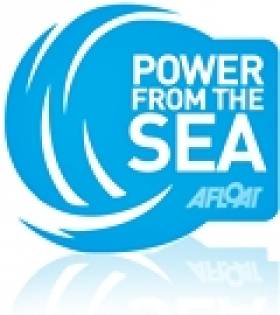Displaying items by tag: Pelamis Wave Power
New Machines Changing the Rules for Wave Power
New Scientist has highlighted some of the latest technologies being developed to harness power from the sea.
Companies such as Pelamis Wave Power and Aquamarine Power are already testing prototypes of their so-called wave energy 'harvesters' - enormous machines that can capture the massive potential energy stored within ocean waves.
Pelamis' huge P2 is filled with state-of-the-art computers that allow programmers to control and update its operations on the fly, quickly taking advantage of changes in sea conditions to maximise energy production and increase efficiency.
The proof is in the pudding, as P2 can produce 750 kilowatts of power - twice as much as earlier prototypes.
Aquamarine's Oyster 800, meanwhile, can generate an incredible 800 kilowatts by way of a giant hinged flap that juts out of the water. Each passing wave closes the flap shut like a clamshell, with the resultant hydraulic pressure driving an onshore turbine.
"If you can get that sort of level of performance improvement then the economics suddenly start to look a lot more favourable," says The Carbon Trust's Stephen Wyatt.
New Scientist has more on the story HERE.





























































